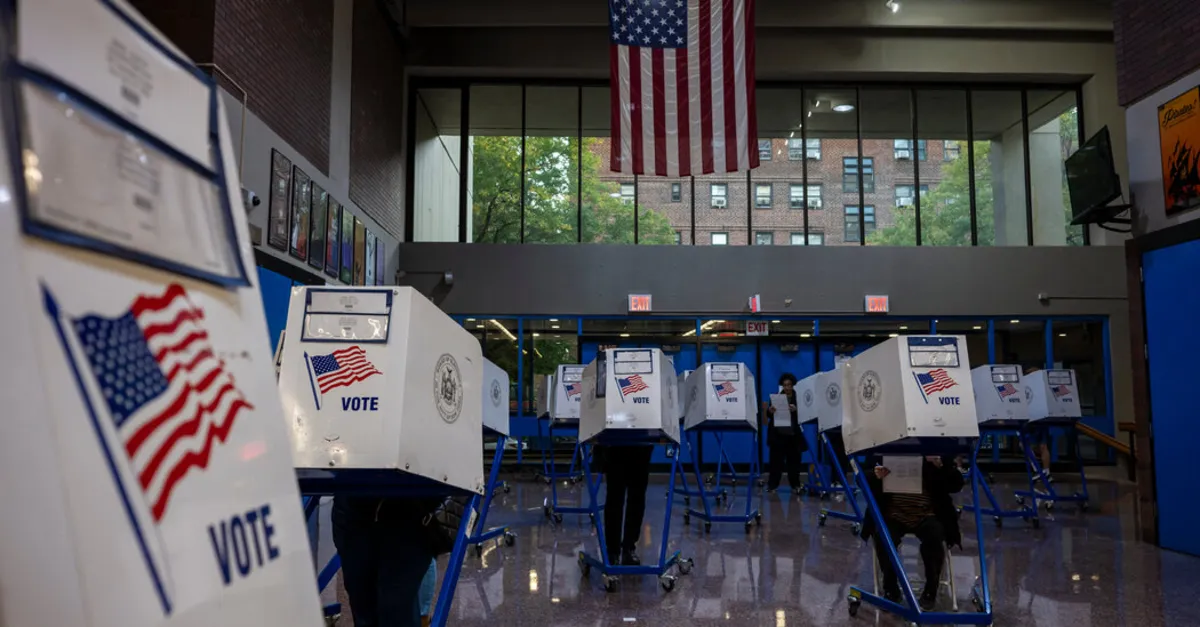
On Saturday evening, former President Donald Trump announced his intention to issue an executive order mandating voter identification for all elections across the United States. This move is a part of his ongoing efforts to reform the nation’s election laws, which he has frequently criticized and has controversially attributed to his loss in the 2020 presidential election. In a post shared on Truth Social, Trump stated, “Voter I.D. Must Be Part of Every Single Vote. NO EXCEPTIONS! I Will Be Doing An Executive Order To That End!!!” However, he did not elaborate on the specifics of the proposed order.
In addition to the voter ID proposal, Trump reiterated his plans to limit mail-in voting to individuals who are seriously ill or serving in the military far from home. He expressed strong opposition to the use of voting machines, signaling a broader agenda to reshape the electoral process in the U.S. This announcement marks Trump's latest attempt to leverage an executive order to influence election laws, a strategy that raises questions about its legality and constitutional validity.
The U.S. Constitution does not grant the president explicit authority to regulate elections. Instead, it reserves the right for individual states to establish their own election rules, oversee the voting process, and implement measures to prevent fraud. Congress also holds the power to override state laws related to voting. Consequently, any executive order issued by the president regarding election regulations is likely to face immediate legal challenges.
Trump's announcement indicates a strategic effort to gain an advantage ahead of the upcoming midterm elections, scheduled for November 2026. Earlier this month, he revealed that a team of lawyers was preparing an executive order aimed at abolishing all mail-in ballots. He claimed that this executive order would “help bring HONESTY to the 2026 Midterm Elections.” Despite his assertions, Trump’s longstanding opposition to mail-in voting stems from his unfounded claims that it leads to widespread fraud, particularly following his defeat to President Joseph R. Biden Jr. in the 2020 election.
In March, Trump signed an executive order that sought to require individuals to provide government-issued proof of U.S. citizenship when registering to vote in federal elections. This order faced swift legal challenges, resulting in a federal judge blocking the majority of its provisions in June. Judge Denise J. Casper of the Federal District Court for the District of Massachusetts ruled in favor of the states that contested the requirements, noting that they were likely to succeed in proving that the order exceeded Trump's authority and posed a risk of disenfranchising eligible voters. Notably, Judge Casper was appointed by former President Barack Obama.
In her judgment, Judge Casper emphasized, “The Constitution does not grant the president any specific powers over elections,” highlighting the limitations of executive authority in this domain.